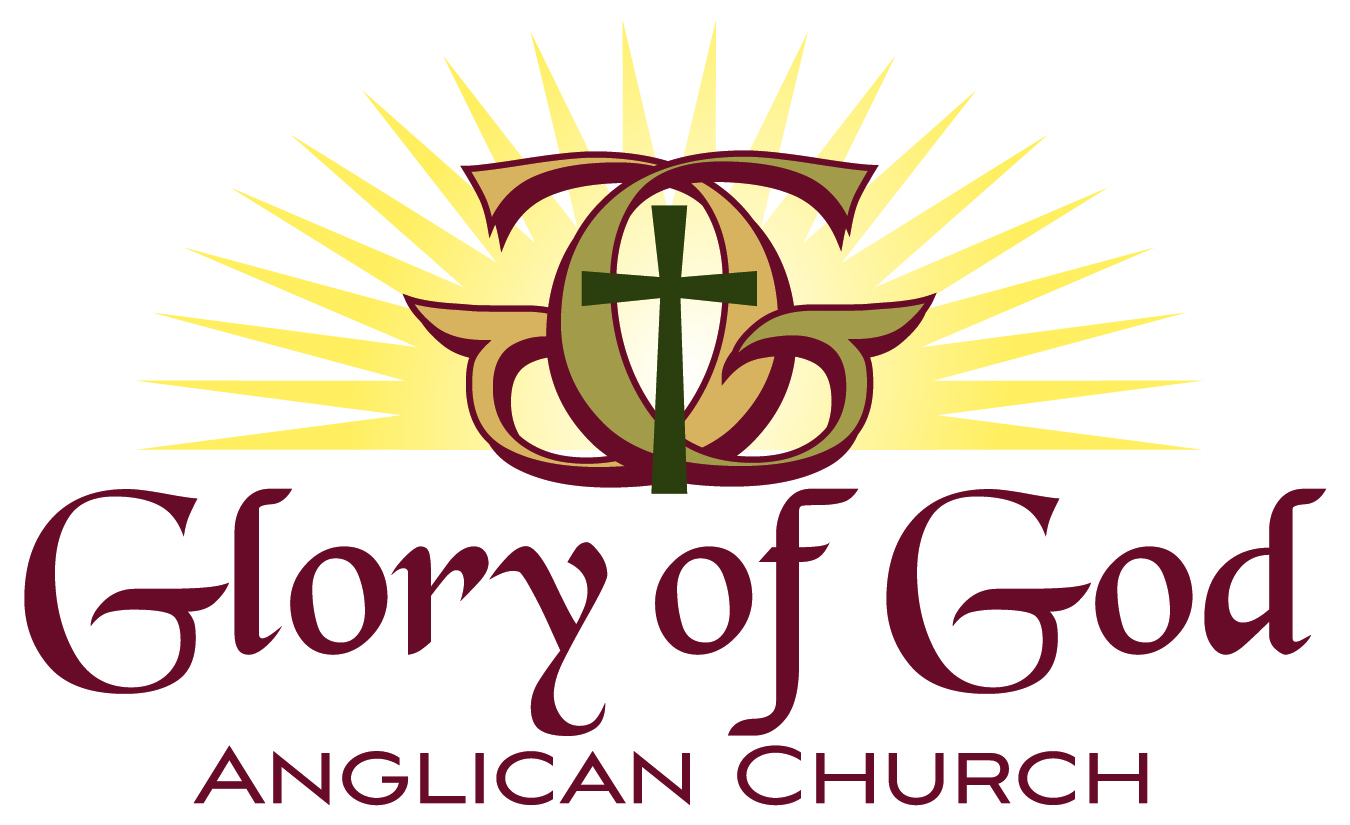What We Believe
As heirs of the Protestant Reformation, we place a high value on theological depth and clarity. We want to honor Jesus rightly by loving him with our minds.
Below, you will find a brief summary of what it means to be an Anglican church.
Want to Learn More About Reformational Anglicanism?
Our Affiliations
Our church is part of the Anglican Church in North America (ACNA), a province of the third-largest branch of Christianity. Within the ACNA, we are part of a diocese (united gathering of local church parishes) called the Anglican Diocese of the Living Word
Positions on Cultural Issues
Women's Ordination
At Glory of God and in the Anglican Diocese of the Living Word, we view the ordination of women to the priesthood (ie, to become pastors/elders/presbyters) to be an accretion not found historically within the Church or in line with the teachers of Holy Scripture. As such, we deny that the ordination of women to the pastorate is a wise or Biblical move and stand against the recent innovation of women’s ordination.
You may find a fuller argument presented by the diocese here.
Abortion and the Sanctity of Life
We wholly profess that the unborn and the infirm, being Image Bearers of the Most Holy God, are worthy of life. The unjustified taking of life is murder and has no Scriptural warrant. Therefore, we confess that abortion, euthanasia, and all forms of taking life in an unjustified manner are murder. We are pro-life and seek to uphold the dignity of all human life.
Sexuality and Sexual Identity
We affirm the Biblical mandate for and the goodness of marriage as the union between a man and a woman. The Lord provided marriage to us for the purpose of demonstrating sacrificial love and for the purpose of fulfilling the creation mandate of multiplying and filling the earth with human life. Same-sex relationships cannot fulfill this God ordained role naturally and must, on principle, be rejected as a proper application of human sexuality.
Transgenderism, likewise, is a misunderstanding of the goodness of the body. God, foreordaining each human life, has predestined in eternity past who each individual would be. To view oneself as misaligned with their body from birth is to misunderstand God’s sovereignty in the world.
A fuller description of the position from the diocese can be found here.


